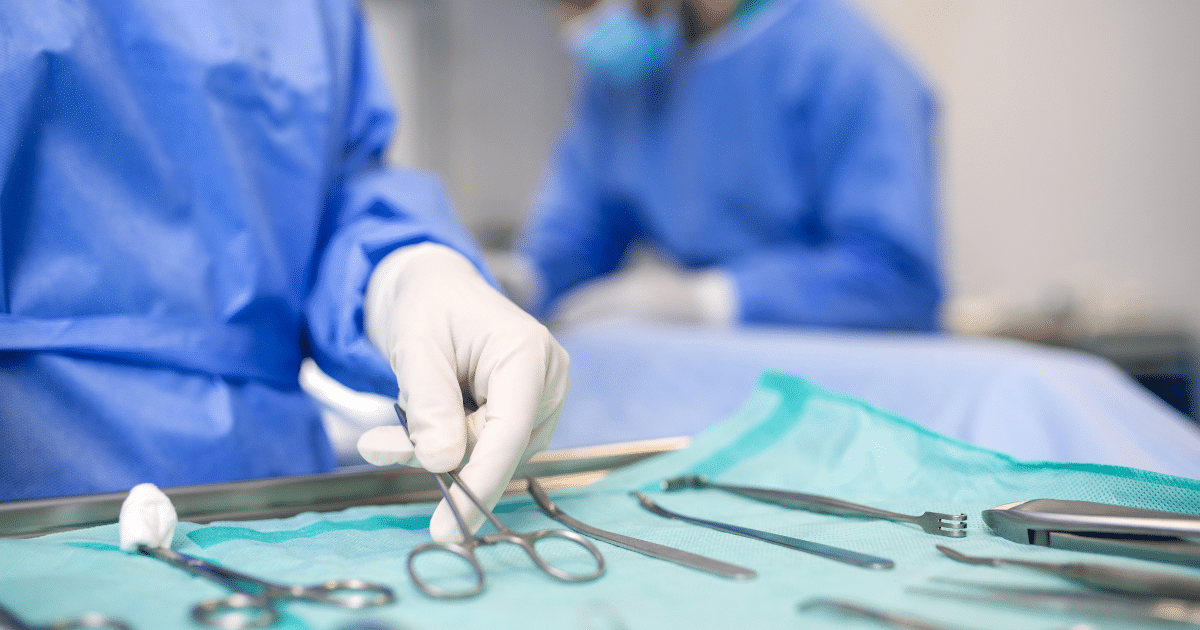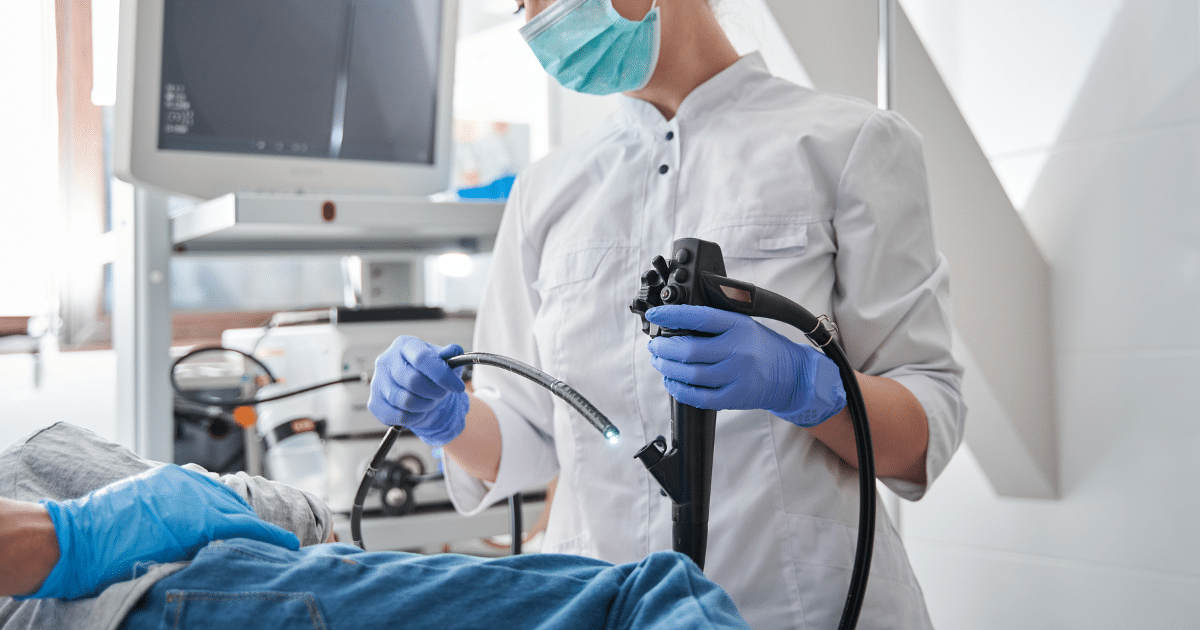Our very own Dr. Paul Feuerstadt MD, FACG, AGAF, Gastroenterologist of PACT Gastroenterology Center was recently interviewed on Channel 8 to address C. Diff. A bacteria that is affecting half a million Americans. Dr. Feuerstadt addresses the commonality of the disease and the causes and preventions in the following segment.
C. diff (Clostridioides difficile) is a type of bacterium that can cause infection, particularly in people who have been on antibiotics for an extended period in the colon or the bowels. Antibiotics can disrupt the normal balance of bacteria in the gut, allowing C. diff to overgrow and produce toxins that damage the lining of the colon. This can lead to symptoms such as diarrhea, fever, abdominal pain, and inflammation of the colon.
C. diff infections are becoming extremely common in people over 50 years old. Dr. Feurstadt addresses some of the following prevention measures.
Preventative care involves taking steps to maintain a healthy balance of bacteria in your gut, which can help reduce the risk of C. diff (Clostridioides difficile) infection. Here are some things you can do to promote good gut health and reduce your risk of C. diff:
- Proper use of antibiotics: Take antibiotics only as prescribed by your doctor, and never share or save antibiotics. Antibiotics can disrupt the normal balance of bacteria in the gut, increasing the risk of C. diff infection.
- Probiotics: Consider taking probiotics, which are live bacteria and yeasts that are good for your gut health. Probiotics can help restore the natural balance of bacteria in the gut and may help reduce the risk of C. diff infection. Talk to your doctor about which probiotics are right for you.
- Good hygiene: Practice good hygiene, such as washing your hands regularly with soap and water, to prevent the spread of bacteria that can cause infection.
- Healthy diet: Eat a healthy, balanced diet that includes plenty of fruits, vegetables, and fiber. This can help promote a healthy gut microbiome and reduce the risk of C. diff infection.
- Avoid unnecessary use of proton pump inhibitors (PPIs): PPIs, such as omeprazole and lansoprazole, are medications that reduce the amount of acid in the stomach. Studies have shown that long-term use of PPIs can increase the risk of C. diff infection, so use these medications only as prescribed by your doctor.
By taking these steps, you can help maintain a healthy balance of bacteria in your gut and reduce your risk of C. diff infection.






